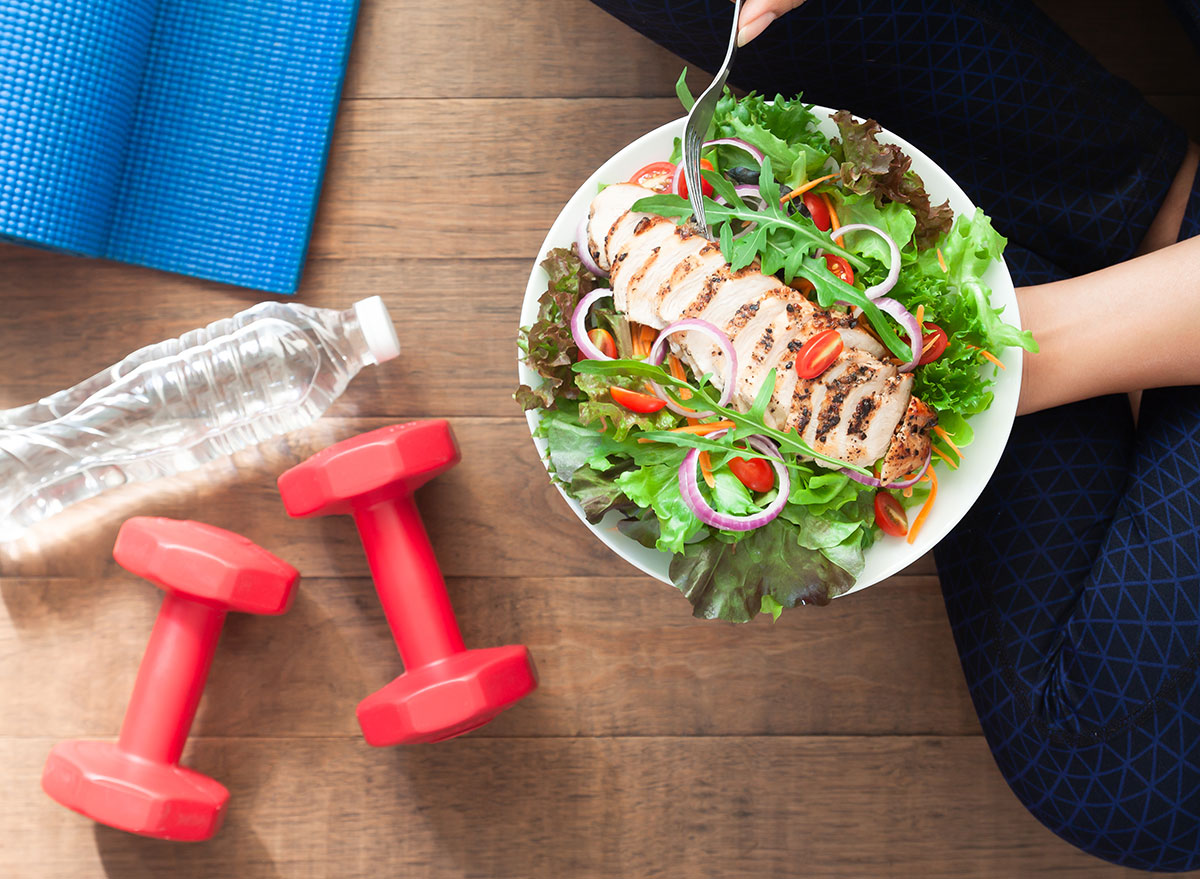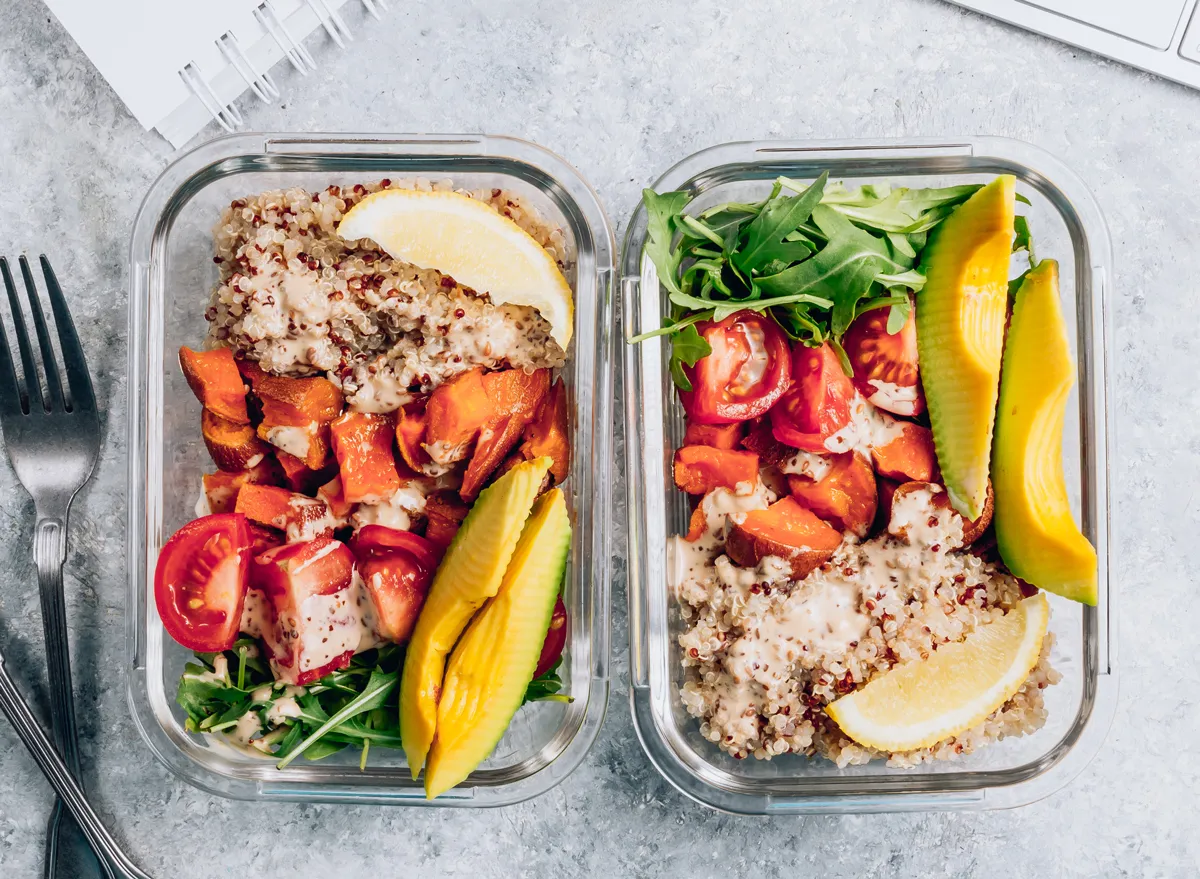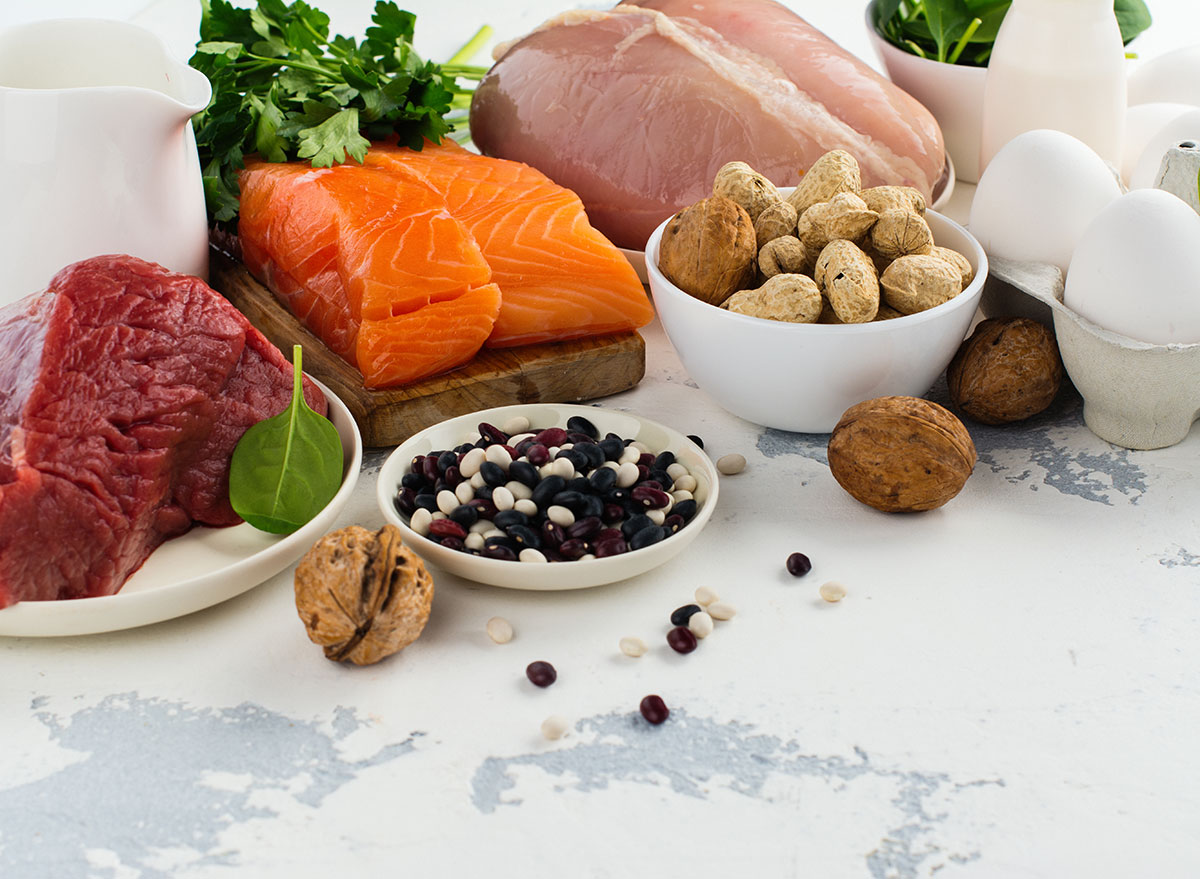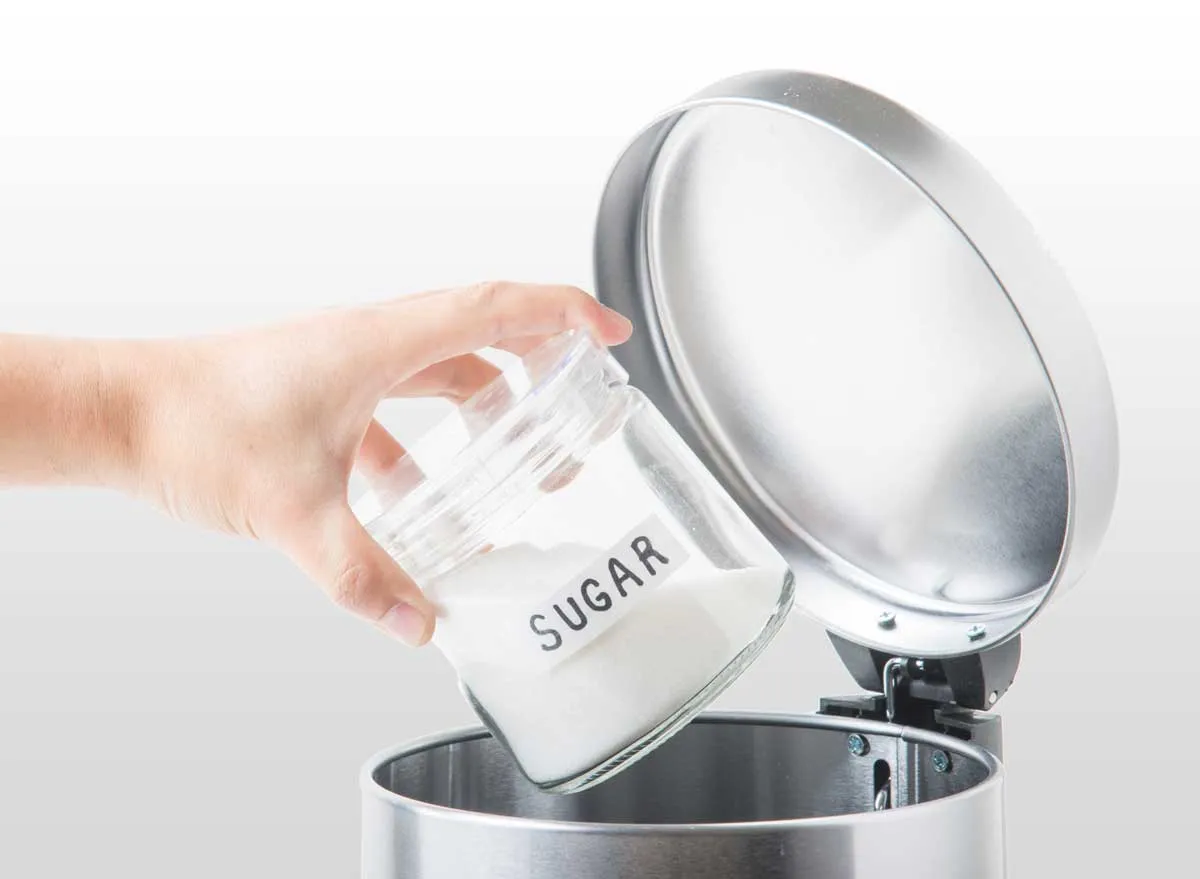The One Diet That Will Slim Down Your Waistline, Says Dietitian

Lose Your Gut! Blast Your Belly! The New Secrets to Flat Abs Fast! Who can resist reading about the latest technique that promises… A Tighter Tummy Today!
For those who want to target the area rolls over the waistband of her jeans. Here's the problem: There's really no diet or exercise that can perform "a surgical strike," a laser-focused attack on belly fat alone. And that frustrates many people when they don't get the super-quick results many diet programs promise.
"You can't spot reduce abdominal fat," says Melissa Daniels, RD, head nutritionist, and director of managed plans for G-Plans, a science-based weight-loss and wellness company co-founded by nutritional scientist Philip Goglia, PhD. "The key to shrinking your midsection," says Daniels, "is reducing overall body fat percentage."
Daniels advocates a three-pronged diet plan that will help the majority of people who tend to hold their weight around their waists: 1. eat enough of the right combination of macronutrients to maximize your specific metabolism; 2. fill up on proteins; 3. avoid pro-inflammatory foods and choose those that fight inflammation.
Read on, and for more on how to eat healthy, don't miss 7 Healthiest Foods to Eat Right Now.
Eat the right mix of protein, fats, and carbohydrates for your metabolism.

Upwards of three-quarters of the population has a fat-and-protein-efficient metabolism, according to Dr. Goglia. That means they digest fat and protein more efficiently than they do carbohydrates. So, eating a diet that's higher in protein and fat and moderate in carbohydrates should help people with this type of metabolism lose overall body fat and maintain wellbeing best.
Daniels recommends that the breakdown of macronutrients in your daily diet be 50% protein, 25% fat, and 25% carbohydrate. (Related: What To Eat in a Day To Drive the Most Weight Loss.)
"Eat most of your carbs early in the day," she says. "Most people are more active during the day, so you will want to create a fuel pattern that keeps you going throughout the day. You're not going to run a marathon at night, so you don't need a bunch of carbs with dinner." If you find it challenging to get 50 grams of protein daily, try a protein shake in the morning. Here's The #1 Best Protein Powder for Weight Loss, Says a Dietitian.
Daniels points out that high carbohydrate intake in the evening prevents the body from going into deep REM sleep, thus disrupting sleep and recovery.
Your eat-them-early carbohydrates should come from single ingredient starches such as yams, sweet potatoes, oats, oat puffs, and quinoa. Fruit and vegetables will also make up the remaining carbohydrate of the day.
READ MORE: The 20 Healthiest Low-Carb Foods
Fill up on Proteins

Your dinner should be your biggest protein meal of the day to rebuild the muscle you have broken down, says Daniels.
An example of an appropriate dinner would be a piece of fatty fish, like wild-caught salmon, with a side of dark leafy greens such as sautéed spinach or asparagus. Fish has anti-inflammatory and fat-burning benefits when eating at nighttime; this is when your body has time to rest and repair your muscle tissue. Using high-fat fish as a dinner choice increases the amount of omega fatty acids consumed at night, the result is a deeper sleep, increased growth hormone release, and reduction of inflammation.
When planning lunch, think about supporting your afternoon energy patterns so that you don't have late-afternoon energy dips or cravings, says Daniels. So, a good lunch might consist of a ½ starch portion (like ½ cup of rice or four ounces of yam or potato) with a 4-ounce meat source (like a grilled chicken breast) plus a cup of spinach or beets or a salad, she suggests.
Avoid Pro-Inflammatory Foods

Inflammation is your body's natural reaction to invaders like plant pollen or viruses.
Persistent or chronic inflammation, however, is unhealthy, and it is most commonly triggered by the foods you eat.
Chronic inflammation has been linked to cancer, heart disease, diabetes, depression, and Alzheimer's disease. Inflammation also contributes to weight gain. Recent research has shown that inflammation can interfere with the hormone leptin that tells the brain when you've had enough to eat.
"You want to remove high inflammatory foods from your diet," says Daniels. Pro-inflammatory foods include processed bread, refined carbohydrates, fried foods, red meats, and sugar-sweetened beverages. "Consuming more of these types of foods will contribute to inflammation and distention in the abdominal region," says Daniels.
Read more: Popular Foods That Increase Inflammation, Say Dietitians
Instead, load up on foods that fight inflammation. And you can guess what they are: Fruits and vegetables, such as apples, blueberries, and leafy greens, all of which are rich in natural antioxidants and polyphenols, compounds found in plants that may protect against inflammation.
Read more: Popular Foods That Reduce Inflammation, Says Dietitian
Takeaway
These three diet practices won't melt your belly fat overnight, but they will begin to shrink fat cells all over your body, which you'll eventually notice when you slip on your jeans and they slip off you without a belt to hold them up. To speed up your slim down, also try these burning 40 Easy Ways to Burn Extra Calories Every Day.
Read this next:
- The Worst Drinking Habits for Your Waistline, Say Experts
- 15 Minutes to Flat Abs: The No-Equipment Workout
- The Worst Habits For Belly Fat, According to Science








